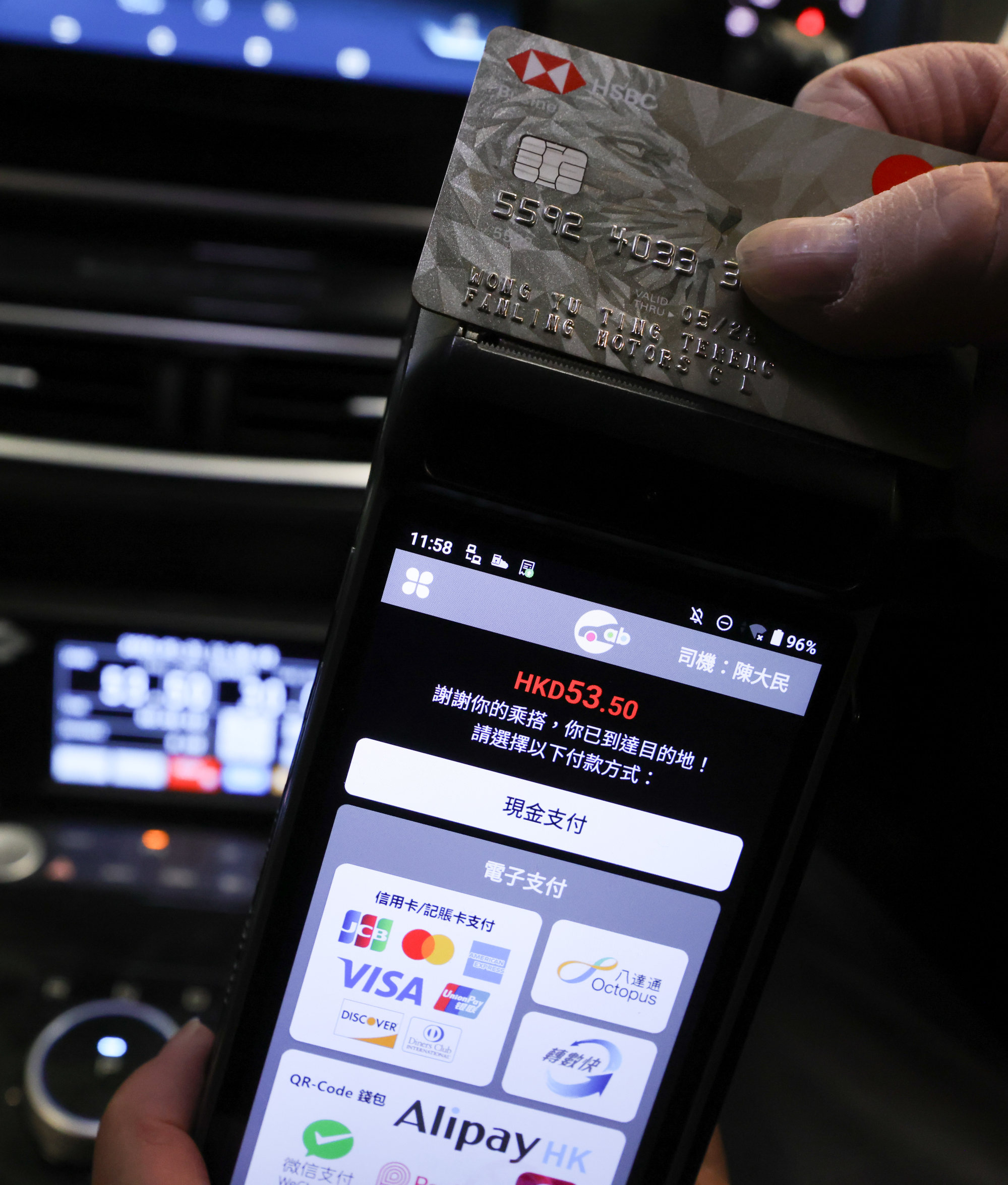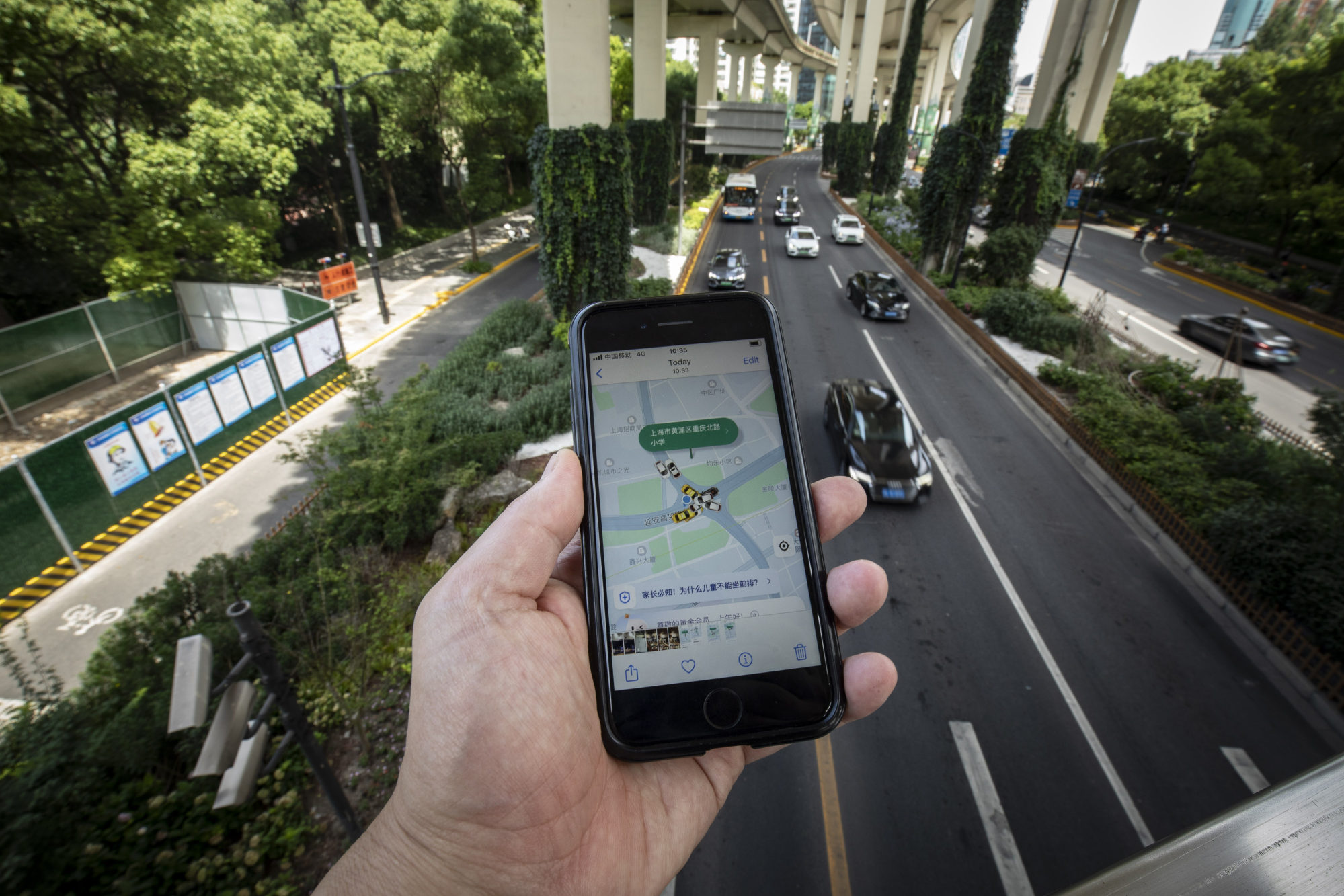
Hi-tech tourism hub? Hong Kong’s taxis don’t even take card payments
- Most Hong Kong taxis can still only take cash while popular apps like Uber are harassed by the government
- That’s not a good look for a city with hi-tech ambitions aiming to attract big-spending international travellers
The taxi case first. It was nearly lunchtime and a fairly long queue was gradually being accommodated by arriving vehicles. I moved up to second place behind a smartly dressed young woman. She got in the next taxi, then almost immediately jumped out. She gestured for me to take her place, saying: “He doesn’t take cards, I have no cash.”
As she went off to look for an ATM and I boarded the cab, I felt embarrassed, even ashamed. How primitive a society we must seem to international travellers – particularly the well-heeled ones we say we are particularly keen to attract – and how backward compared to rival business and tourism centres in the region.
A quick online search later suggested that, of our more than 18,000 taxis, only some 600 are equipped to accept electronic payment linked to the meter which can be settled by Octopus or credit card. Other individual drivers may have installed different options. However, I remember paying my taxi fare by credit card in Singapore 10 years ago.

Wonderful. At the rate of 1,000 every six months, all taxis here should be able to accept electronic payment by 2033. So we will have caught up with Singapore after “only” 20 years.
Is there no way the process can be speeded up? I think there is. All taxis have to renew their licence annually. We could give notice that, from a future date (say, January 1, 2025), all taxis must have a device fitted which permits electronic payments before their licence is renewed.
Lawyers may advise that introducing such a provision exceeds the scope of existing legislation. But it must at least be arguable in 2024 that a taxi without such equipment is not fit for purpose. If not, then it should be possible to secure passage of a short enabling bill. The administration should stand up for consumers and the economy, not submit to vested interests.

After putting in your requirements on the app, within seconds you are notified of the arrival time, vehicle registration number, and cost of the journey. If you agree to the terms, you pay the fare automatically. And you need to be quick, too: if you book the car from premises on a high floor, you had better call the lift immediately as, by the time you get to street level, your ride will probably be pulling up.
Mike Rowse is an independent commentator









